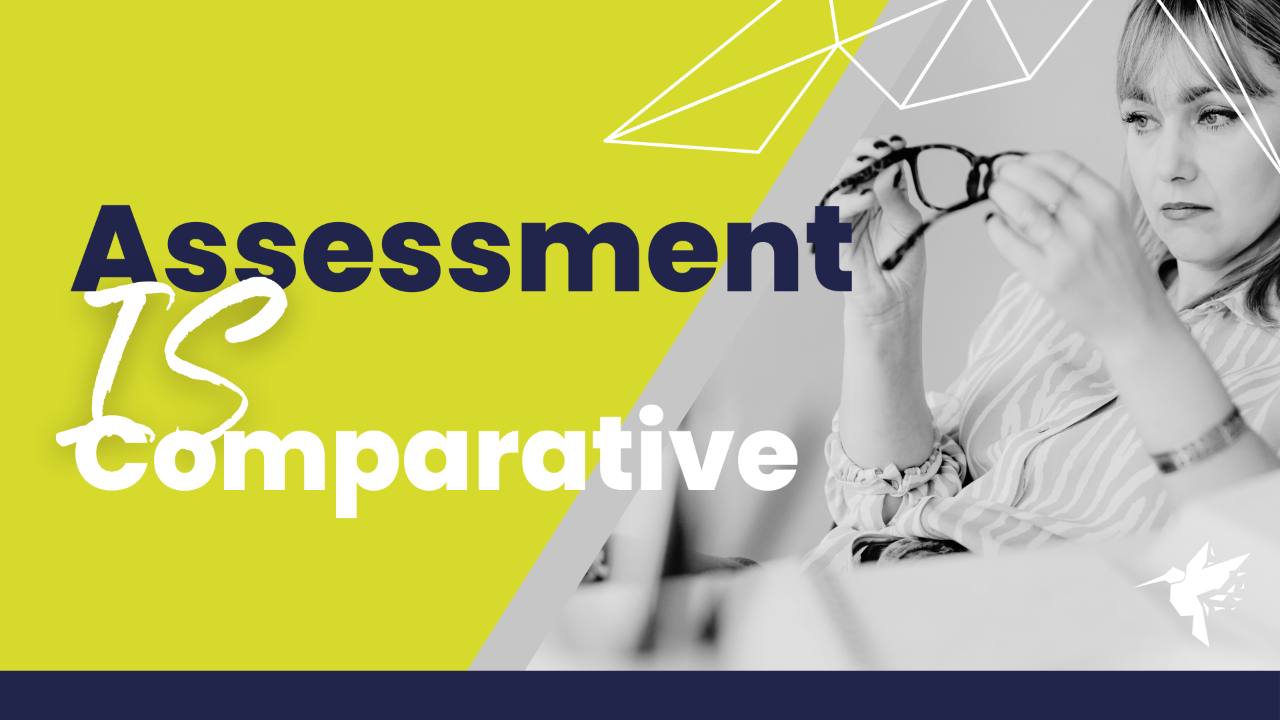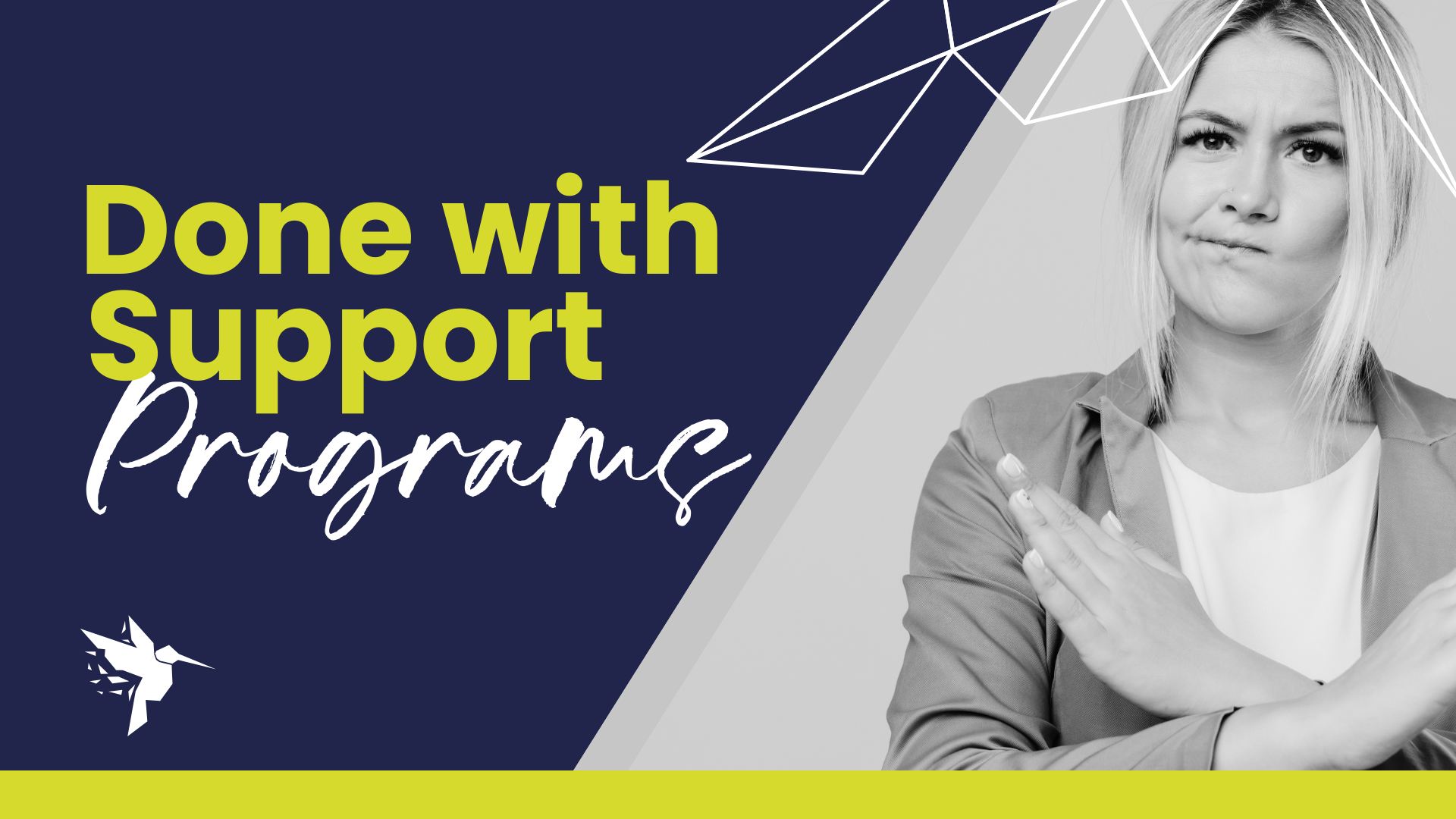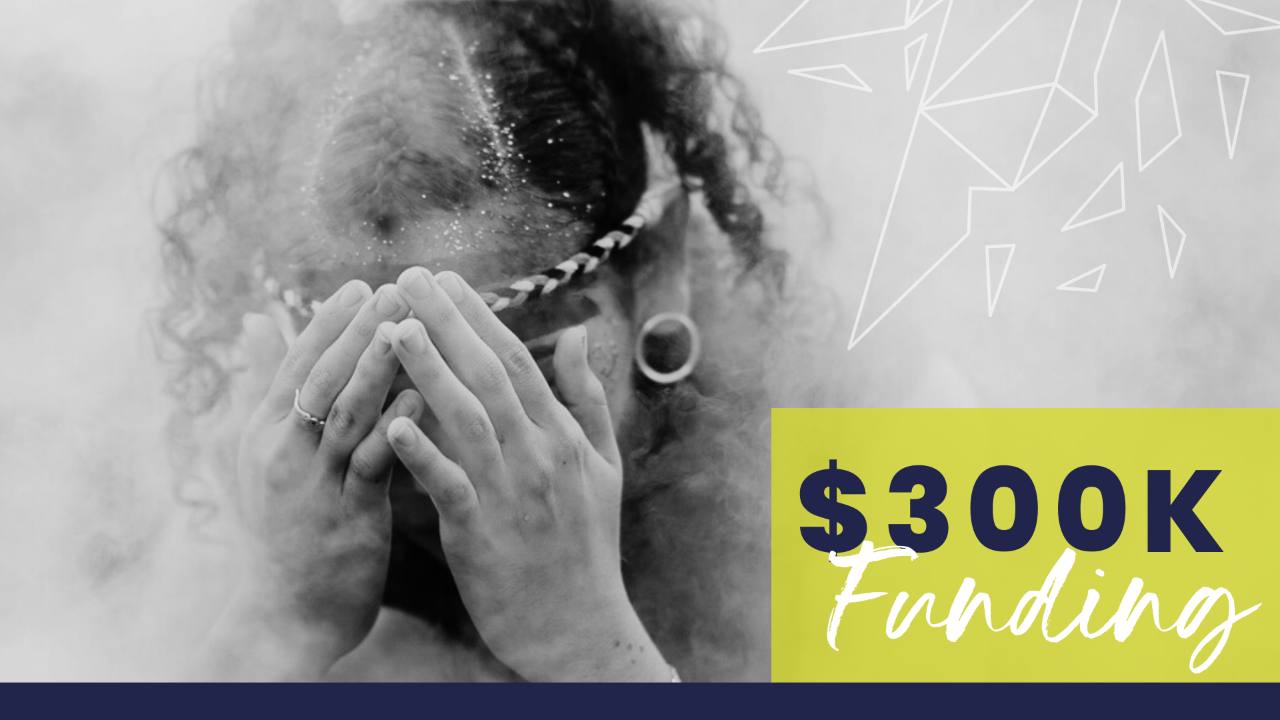Grant Writing with AI
Helpful or Harmful? Here’s How to Get It Right
AI can be a powerful ally in your funding journey - but only if you use it with care and clarity.
In 2025, more founders than ever are turning to generative AI to support the grant writing process. Whether it’s drafting applications, summarising program guidelines, or rewriting a bloated project description, tools like ChatGPT, Claude, or purpose-built co-pilots are speeding things up for early-stage businesses and social enterprises.
Used well, AI can feel like an extra team member - one who works weekends, doesn’t judge your spelling, and helps translate your ideas into funder-friendly language.
And for women founders, Aboriginal and Torres Strait Islander entrepreneurs, migrant women, LGBTQIA+ founders, and founders with disabilities - many of whom are locked out of traditional capital - AI is offering a way to reclaim time, reduce friction, and submit more applications without burning out.
Why Founders Are Using AI for Grants
Here’s why AI is gaining traction across the startup and social impact space:
-
Speed: No more staring at a blank page. AI helps founders go from idea to first draft in minutes.
-
Structure: Tools can help format responses to match common grant questions or word count requirements.
-
Clarity: With the right prompt, AI can simplify complex ideas and polish awkward phrasing.
-
Efficiency: Instead of rewriting the same boilerplate, founders can reuse and refine their content across multiple applications.
Globally, founders report they’re doubling the number of applications submitted thanks to AI. In Australia, small charities and social enterprises are using it to compete with larger, better-resourced organisations.
But there’s a catch.
When AI Becomes a Liability
AI can help - but only if you stay in control of the message.
Used carelessly, it can damage your application and erode trust with funders. Common mistakes include:
-
Generic responses: When AI output isn’t edited, applications can sound vague or templated - lacking the authenticity funders value.
-
Inaccurate claims: AI can confidently generate incorrect numbers, facts, or names - especially if your prompt is vague.
-
Tone mismatch: What works for a US venture fund may fall flat with an Australian government grant. The AI doesn’t always know the difference.
-
Over-reliance: The strongest applications still come from founders who understand their business, their impact, and the funder’s intent. AI can support that clarity - but it can’t create it from scratch.
Importantly, AI doesn’t understand nuance. It won’t know that your cultural knowledge, lived experience, or long-standing community relationships are vital to your success unless you tell it to emphasise those things.
And while AI can help you polish your draft, it should never be your final reviewer.
Top 3 Prompts for Smarter Grant Writing
If you’re using AI to support your next grant application, these three prompts can help you write more clearly and confidently - without losing your voice or crossing ethical lines.
1. Prompt for Sharpening Your Project Summary
"Help me rewrite this project summary so that it clearly describes the problem we're solving, how we solve it, and who benefits. Keep it to 300 words, in plain English, and make sure it's easy to understand for someone outside my industry."
💡 Why it works: This helps you centre the reader and remove jargon while preserving meaning.
2. Prompt for Highlighting Measurable Outcomes
"Based on this text, help me identify what measurable outcomes we could include. Keep it realistic and aligned with the kind of language used in social impact or startup funding."
💡 Why it works: It helps you articulate results that are grounded in real experience - not inflated or imagined metrics.
3. Prompt for Strengthening Clarity
"Can you help me spot any parts of this response that feel vague, confusing, or repetitive? Suggest edits that make it clearer, while keeping the tone confident and human."
💡 Why it works: This treats the AI as an editor - not an author - and helps you refine your thinking without losing your style.
Want More Prompts Like This?
We’re preparing a free downloadable guide: “10 Proven AI Prompts for Grant Writing That Work.” It’s built for founders and social enterprises who want to use AI confidently and ethically - without getting caught out by generic language or funder mismatch.
It includes prompts for:
-
Project impact and risk strategy
-
Outcomes and measurement
-
Budget narrative and funding use
-
Tone, structure, and word count trimming
Stay tuned for the download link in our next issue.
Final Word
AI can help you get your ideas down faster. It can clean up your grammar, give you a structure to follow, and save hours across multiple drafts.
But if you’re unsure whether your grant application is hitting the mark—whether it aligns with the funder’s goals, demonstrates value, and avoids common pitfalls - guesswork won’t get you there.
That’s why we built a different kind of tool. One that mirrors how real assessors think. One that helps you strengthen your application—without pretending to be one yourself.
Let AI help you write it.
Then use the right tools to help you get it funded.
With over 20 years in the grants ecosystem, Lisa Erhart founded Funding4Growth to close funding gaps for overlooked founders. Read our mission.




Responses